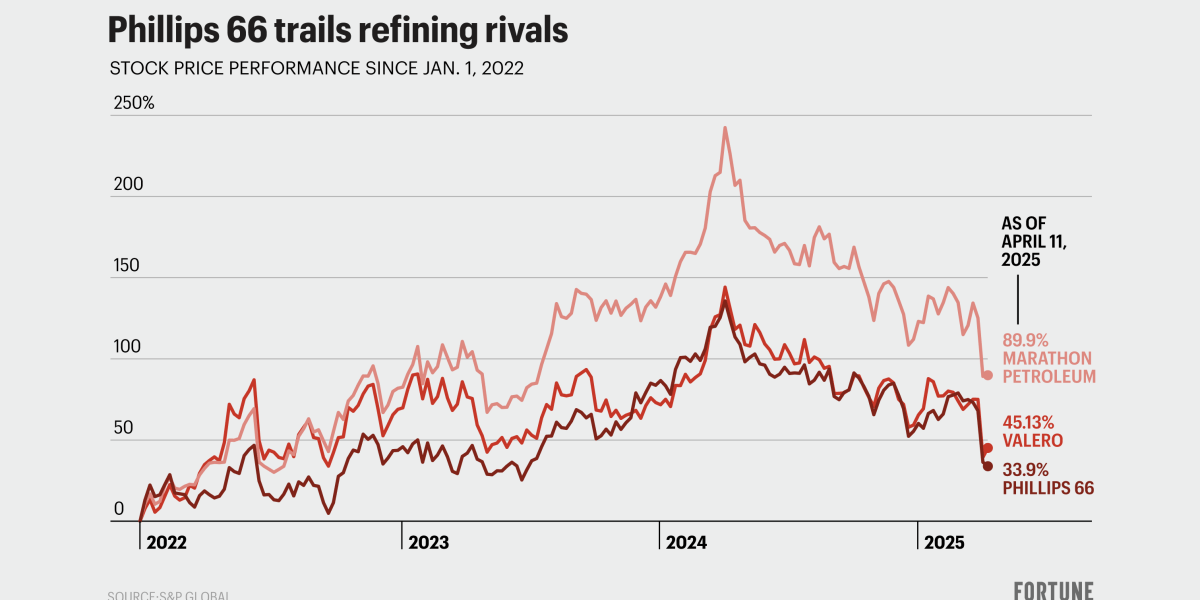There’s a lot of buzz about supporting your gut health, which impacts your mental well-being, colorectal cancer risk, and immunity. But knowing the importance of gut health is one thing—knowing the best way to feed your gut is another.
Your gut health refers to how well your digestive system is functioning to break down food, absorb nutrients, and eliminate waste. Within your gut lies the gut microbiome, made up of trillions of microorganisms including bacteria, viruses and fungi. To keep your gut healthy, that bacteria needs to be fed and maintained—which is where a gut-healthy diet comes in.
Which foods are best for your gut health?
When you think of gut-friendly foods, you may think of fermented foods like sauerkraut and yogurt, which have naturally occurring bacteria that come from the fermentation process.
Fermented foods are packed with probiotics—live bacteria and yeasts—that naturally live in your body and benefit your health.
There are actually two main types of foods to support your gut health: probiotics and prebiotics. Prebiotics are not alive—but they are crucial to feed your good gut bacteria. They are found in fiber-rich, plant-based foods, and research supports their cancer- and chronic disease-fighting properties.
“They’re like the fuel,” Amy Bragagnini, RD, national spokesperson for the Academy of Nutrition and Dietetics, told Fortune. “To make a lasting, sustainable microbiome, you need a balance of both [prebiotics and probiotics].”
Of the gut-healthy foods to choose from, here are science-backed options to help give your gut microbiome a health boost.
1. Kimchi
Kimchi, a staple of Korean food, is a spicy fermented cabbage, similar to sauerkraut, filled with probiotics. Studies have linked the consumption of kimchi to improved blood sugar regulation in prediabetic individuals and improved metabolic health. You can find it refrigerated in grocery stores to be used as a flavor-boost in grain bowls or fried rice.
2. Yogurt and kefir
Since yogurt and kefir are fermented dairy products, they are packed with probiotics and beneficial bacteria produced from the fermentation process. You’ll notice that these dairy products will usually be labeled with “live and active cultures” and a list of the bacteria in them—that’s a good indicator that the yogurt or kefir has the probiotics you’re looking for.
Additionally, yogurt’s gut-health benefits may help prevent colorectal cancer. A recent study published in the journal Gut Microbes found that long-term yogurt consumption—two or more servings per week—was tied to lower rates of proximal colorectal cancer (on the right side of the colon).
Meanwhile kefir, which is a fermented yogurt drink, is shown to improve immune, gastrointestinal, and metabolic health, while also helping to reduce inflammation.
3. Oatmeal
Whole grains like oatmeal are a great source of prebiotic fiber to feed your gut bacteria, which helps to support digestion and an overall healthy gut microbiome.
A 2005 study also found that whole grains reduced colorectal cancer risk in women. Whole grains’ high fiber content, resistant starch, and prebiotics improve the gut microbiome to reduce risk, researchers wrote, while “diluting potential carcinogens and promoters in the colon and decreasing transit time,” which reduces colon tissue’s exposure to harmful compounds.
4. Onions and garlic
These alliums are full of prebiotics proven to help gut flora grow and flourish. Studies show they may also help to improve symptoms associated with gastrointestinal distress, osteoporosis, atherosclerosis, gastrointestinal disorders, cardiovascular disease and Type 2 diabetes.
5. Asparagus
Asparagus is one of the most prebiotic-rich foods you can eat. These veggies are packed with beneficial phytochemicals like xylose, inulin, flavonoids, fructans, and saponins. These nutrients, in addition to asparagus’ high fiber content, have been shown to promote the growth of certain probiotic bacterial strains.
For more on gut health:
This story was originally featured on Fortune.com
Source link

 Entertainment8 years ago
Entertainment8 years ago
 Politics8 years ago
Politics8 years ago
 Entertainment8 years ago
Entertainment8 years ago
 Entertainment8 years ago
Entertainment8 years ago
 Tech8 years ago
Tech8 years ago
 Tech8 years ago
Tech8 years ago
 Tech8 years ago
Tech8 years ago
 Politics8 years ago
Politics8 years ago







